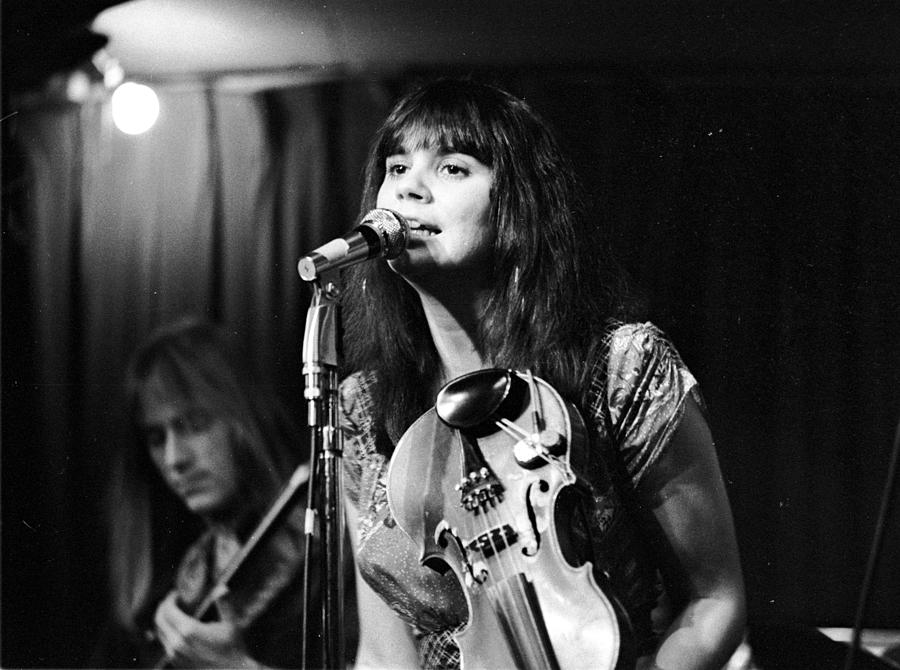
“I Ain’t Always Been Faithful” is a confession sung without theatrical guilt—admitting wandering footsteps, yet insisting the heart kept returning to the same true name.
There’s a particular kind of honesty that doesn’t raise its voice. It doesn’t plead for forgiveness or try to sound noble. It simply tells you what happened—and lets the silence afterward do the judging. That’s the emotional climate of “I Ain’t Always Been Faithful”, one of those overlooked Linda Ronstadt performances that can feel more intimate than her hits, precisely because it doesn’t arrive with a radio spotlight. It sits inside an album like a handwritten note slipped between bigger headlines, waiting for the listener who has lived long enough to understand that love and weakness often share the same address.
Linda Ronstadt recorded “I Ain’t Always Been Faithful” for her self-titled 1972 album Linda Ronstadt, released January 17, 1972 on Capitol Records, produced by John Boylan. On the original LP sequence, it appears on Side Two as track 4 (overall track 9), with a runtime of 2:51, and the songwriting credit belongs to Eric Andersen. The song itself was not released as a charting single, so it has no debut position on the Hot 100 to report. The album’s commercial footprint is the accurate “ranking” context: it entered the Billboard 200 and reached a peak of No. 163 in 1972.
That relatively modest chart peak tells only part of the story—because this album is quietly famous for something else: the people in the room. The personnel list reads like the first penciled sketch of a future legend. Glenn Frey and Don Henley, still years away from being household names with the Eagles, were already backing Ronstadt here—Frey on guitar and Henley on drums (and backing vocals on multiple late-album tracks). In fact, on “I Ain’t Always Been Faithful” specifically, the album credits place Henley on drums and Frey on guitar (because the track falls into the album’s late set where both appear). There’s something wonderfully poignant about that: a soon-to-be stadium voice and a soon-to-be stadium drummer learning how to serve someone else’s song—learning the discipline of understatement—behind Ronstadt’s clear, steady lead.
And then there’s the choice of songwriter. Eric Andersen is not the kind of writer you cover for convenience. You cover him because his lines feel like they were found, not manufactured—plain words that somehow cut deeper than “poetic” ones. What makes Ronstadt’s timing especially striking is that Andersen’s own celebrated album Blue River—which includes a version of “Faithful”—is widely documented as having been released in February 1972, just weeks after Ronstadt’s album hit stores. So Ronstadt wasn’t chasing an already-established “writer’s hit.” She was reaching early, almost instinctively, toward a song that hadn’t yet finished becoming famous in its own author’s hands.
The lyric’s central paradox is the reason the song lasts: I have not always been faithful; I have always been true. It’s a line that could sound like excuse-making if sung with a wink. Ronstadt doesn’t wink. She sings it with a kind of sober tenderness, as if she’s ashamed of the miles but not ashamed of the feeling that kept pointing her back home. In her phrasing you can hear the difference between faithfulness as behavior and truth as inner gravity—an admission that a person can fail the rules of love while still being haunted by the same one face, the same one name, the same one longing. That isn’t a defense so much as a portrait of human contradiction, offered without cosmetics.
Musically, the performance works because it refuses to overplay the drama. The track is short—2:51—and it moves like a late-night truth you can only say once before you lose courage. The arrangement stays close, letting the band feel like a dimly lit room rather than a stage. That’s where Ronstadt was especially gifted in her early ’70s work: she could sound strong without sounding hard, vulnerable without sounding fragile. She doesn’t “act” remorse. She simply inhabits it, letting the listener decide whether the confession is brave or merely honest.
And perhaps that is the deeper meaning of “I Ain’t Always Been Faithful”: it doesn’t ask you to approve. It asks you to recognize. The song understands that love is not always a clean story with good behavior and neat endings. Sometimes love is a person carrying a private truth across years of imperfect choices. Sometimes it’s the ache of realizing you can’t outrun what you actually feel—no matter how far you travel, no matter how many distractions you try on “like another shoe.”
In the bright, glossy mythology of pop music, the singer is often either innocent or guilty, saint or sinner. This song lives in a much more familiar world: the world where a person can be wrong, and still be sincere. And when Linda Ronstadt sings it—backed by the early pulse of musicians who would soon change American radio—“I Ain’t Always Been Faithful” becomes more than a deep cut. It becomes a small, enduring reminder that the heart is not always well-behaved… but it is, more often than we admit, devastatingly true.